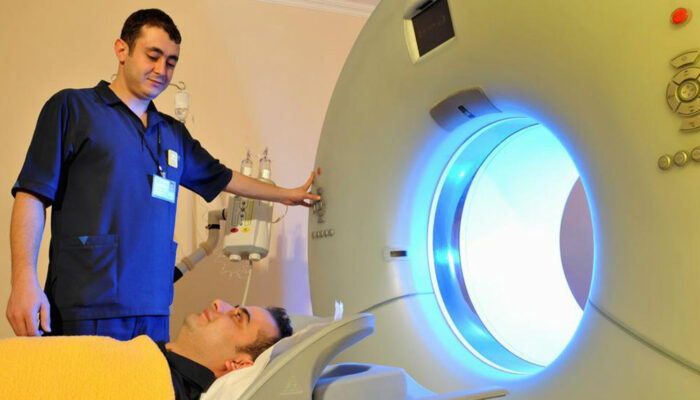
Dietary Tips to Manage Ulcerative Colitis Symptoms
Ulcerative colitis is a bowel disease affecting certain parts of the digestive tract. It causes ulcers in the large intestine and rectum, and the inflammation can last a long time. So, it is important to remember that in this case, what you eat matters because some foods help ease and reduce the symptoms. While no specific diet can completely cure this condition, here are some dietary tips for ulcerative colitis.
Opt for a Mediterranean diet
The Mediterranean diet consists of fruits and vegetables, whole grains, legumes, and other amazingly healthy food items. Each of the items that belongs on the menu are foods that help subside the inflammation in the bowel. But even if raw vegetables and fruits do not work for you, try consuming them in another form such as steamed, boiled, or roasted.
Maintain a food diary
It is an absolute necessity to keep track of foods that suit your system and those that don’t. Use a food diary for this. It will help you understand which foods are troublesome. Besides, it will also help you identify foods that are keeping your bowels healthy. Common triggers for ulcerative colitis are dried fruits, nuts, seeds, spicy foods, foods with high fiber, and refined sugar.
Get a dietitian on board
Planning a well-balanced diet keeping in mind all that needs to be avoided and yet managing to get all the necessary nutrients can be an uphill task. So, get a dietician on board. They will help you plan a complete diet that will meet all your nutritional and calorie needs. One dietary tip for ulcerative colitis can be the inclusion of foods like lean meats, fish, low-fat dairy products, and foods with healthy fats.
Ensure you’re getting enough vitamin D
When you have ulcerative colitis, supplements are sometimes necessary. Vitamin D plays an important role in boosting your immune system and is required to make your bones stronger. Many people with ulcerative colitis are at the risk of having low levels of vitamin D; in such cases, vitamin D supplements can be consumed. However, always remember to consult your doctor before consuming any type of supplement.
Consume probiotics regularly
Probiotics are good bacteria that help in restoring the health of the digestive tract. They also help reduce the inflammation and calm the gut. To ensure that you’re getting a good amount of probiotics, opt for foods that have them in abundance. Try adding yogurt, kimchi, and kombucha to your daily meals. But remember that not all probiotics are good when it comes to treating ulcerative colitis. In fact, studies have shown that there are two types that are the most beneficial – Escherichia coli Nissle and VSL#3. Both of these have shown to bring ulcerative colitis patients into remission for sustained periods of time.



